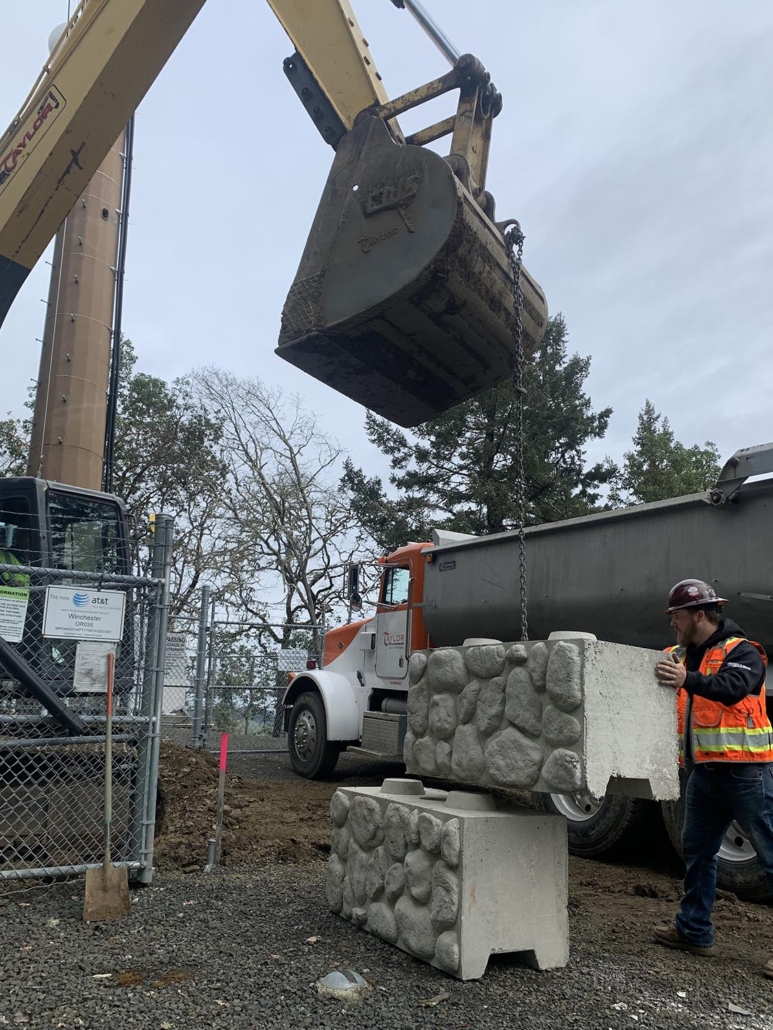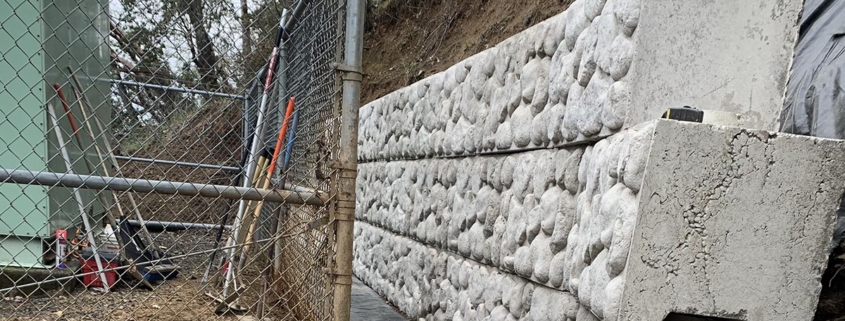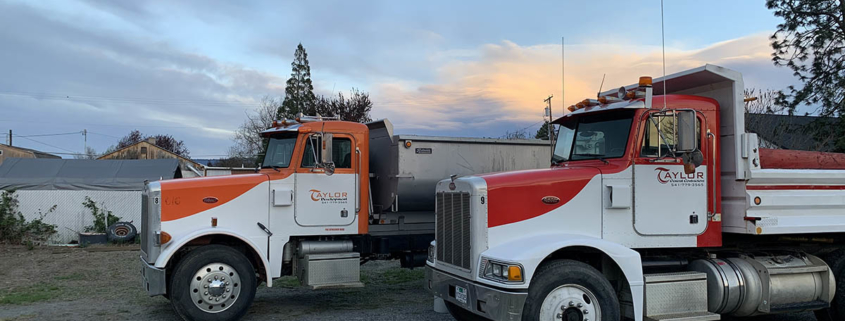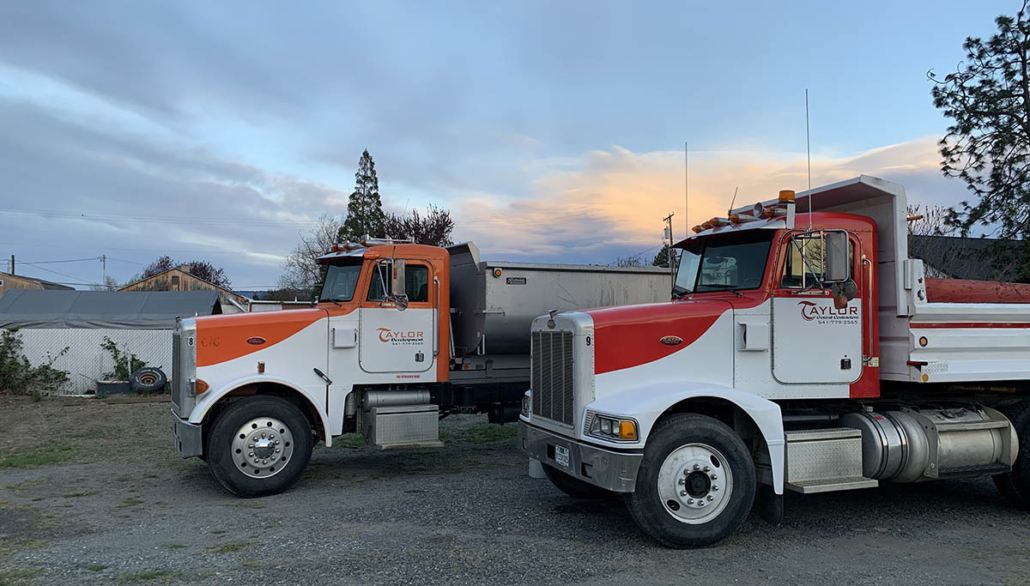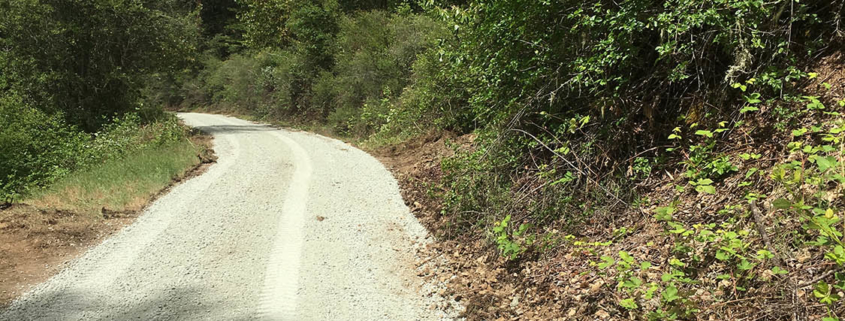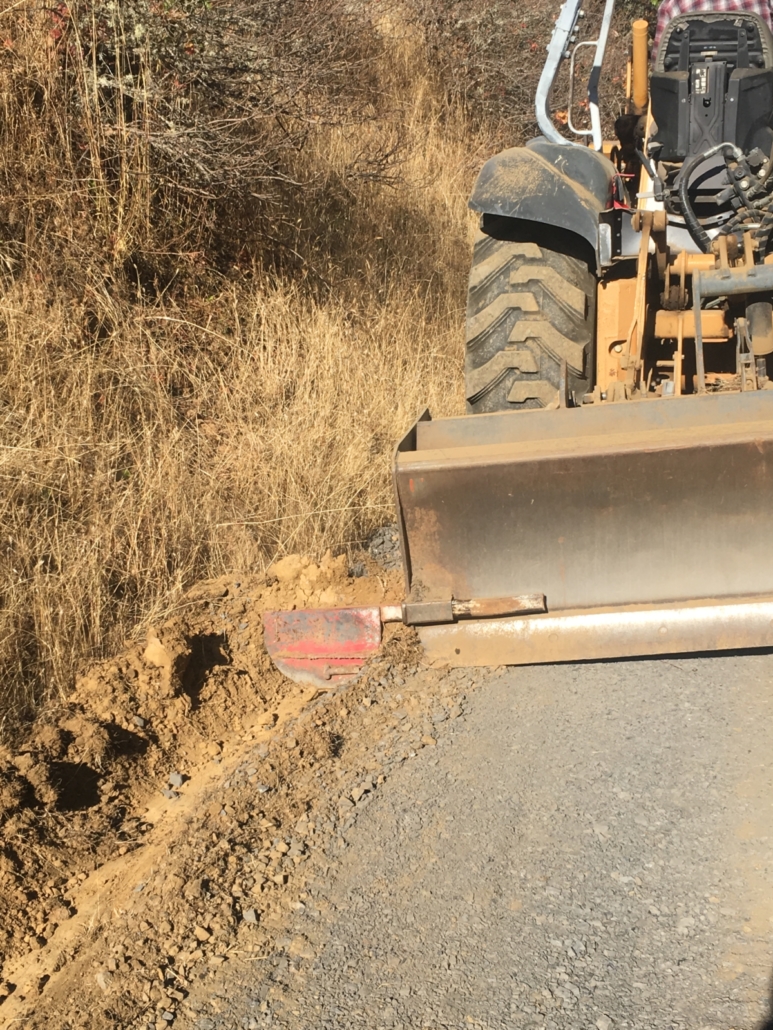Gravity block retaining walls are an extremely effective and economical way to support soil. These retaining walls are built with massive, interlocking cement blocks, each block weighing around a ton. Blocks are engineered to fit together securely without need for mortar or pins. The shear mass of the blocks combined with the strong linking bond & durability of material makes them last a lifetime or better. (Read more about how gravity walls compare to other types of retaining walls here.)
Gravity Block Retaining Walls in Construction
Gravity block walls play an essential roll in residential and commercial construction as well as road and driveway construction. Our road and driveway article describes the importance of grade. Shortcuts are often taken to save money but gravity block retaining walls provide an affordable option for getting the job done right.
When building on a hill, gravity retaining walls create level ground where there was none. They require minimal space and excavation compared with other retaining walls.
Gravity Block Retaining Walls in Landscaping
In instances were the house is already built a gravity retaining wall can open up level areas for lawns, gardens and recreational spaces. They are the most practical and lasting way to shore up earth. Gravity walls can also be surprisingly pleasing aesthetically. Facing sides may be decorated with attractive patterns such as River Stone seen in these photos.
Why Choose Taylor?
As experts in the field with over 40 years experience we understand the value of doing it right the first time. When it comes to retaining walls we know when they are necessary and when the natural grade is stable. We calculate the amount of counter weight the wall must maintain and always consider proper drainage in our installations.
Gravity retaining walls are relatively quick and easy to install but require big equipment. At Taylor Site Development we own our machines. Our cranes and excavators are at the ready allowing us to schedule your job quickly and at competitive cost.
